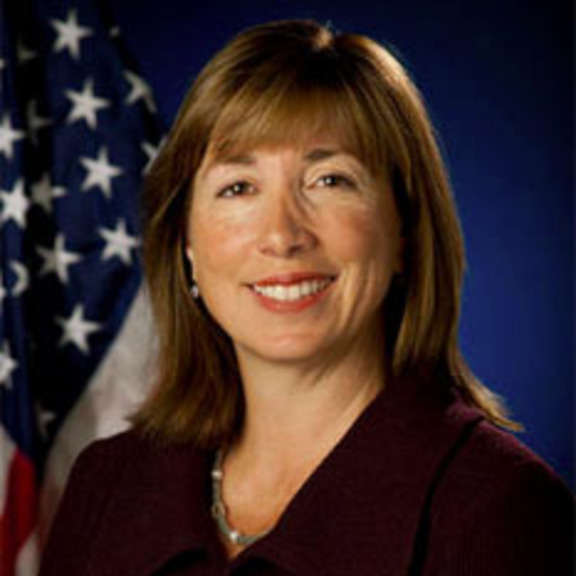

"Elevating NSS's reputation in the space community gave us the ability to convey a long-term purpose for space development," Garver writes in her book. As NSS director, Garver was not only able to boost the status of the organization, but her own reputation as well. She appointed three-time shuttle astronaut Charlie Walker as the organization's president, Buzz Aldrin as board chairman, and began bumping elbows with the likes of Apollo astronaut Jim Lovell, Star Trek creator Gene Roddenberry and Hollywood A-lister Tom Hanks, just to name a few. Bush.Īs Executive Director, Garver quickly filled positions within the NSS board with recognizable figures. Dukakis lost that election to President George H.W. That same year, she volunteered as a space policy advisor to the Michael Dukakis presidential campaign, hoping to guide a "worthwhile" space program in the event of a Democrat victory, she writes in her book. In 1988, Garver was promoted to Executive Director of the NSS while also earning her Master's degree in international science and technology policy, with a focus on space. The cover of Lori Garver's book "Escaping Gravity." (Image credit: Diversion Books) "They have advanced important policies and legislation, kept the United States from signing treaties that would have blocked space development, started new companies and organizations, lobbied members of Congress, antagonized senior aerospace industry leaders, and often been ignored and marginalized by the established space community." Of NSS members' accomplishments toward their goals, Garver writes with admiration: The efforts put forth by the organization to execute that strategy are equally broad, and include the 1984 Commercial Space Launch Incentives Act, which proposed tapping the private sector to more quickly expand technological advancements in the field. "These are the people who raised me - my original space family," Garver writes in "Escaping Gravity," and she makes it clear she holds them to the highest regard.īroadly, the mission of the NSS is to advocate for spaceflight strategies toward the establishment of humanity as a spacefaring civilization. (Image credit: NASA)īefore Garver worked for NASA, she worked to help guide NASA as part of the National Space Society (NSS), a nonprofit organization comprised of space-advocacy professionals whom Garver affectionately refers to throughout the book as "space pirates." NASA Deputy Administrator Lori Garver holds a media briefing in the new Reverberant Acoustic Test Facility at NASA Glenn in front of a SpaceX Falcon 9 fairing. They're just really in a tunnel that has only allowed them to see that they can do things a certain way." I don't question that everybody wants to project progress. In our interview, Garver told that "the process and bureaucracy, and the system with Congress gets really cumbersome and keeps you from making progress. "Members of Congress and industry who have perfected the system of lapping up all the ice cream for themselves understandably enjoy the sugar high, but over the longer term, it undermines the health of the sector and the nation." "The system eliminates the proven method for driving efficiency and innovation - competition," she writes.


She outlines how the government's dash to support launch vehicle development for Lockheed Martin and Boeing following the Challenger disaster led to the creation of United Launch Alliance (ULA), and the "giant self-licking ice cream cone" of billion dollar subsidies ULA and other legacy contractors receive annually. Garver cites the space shuttle Columbia and space shuttle Challenger accidents as extremely disruptive to the future of human spaceflight.


 0 kommentar(er)
0 kommentar(er)
